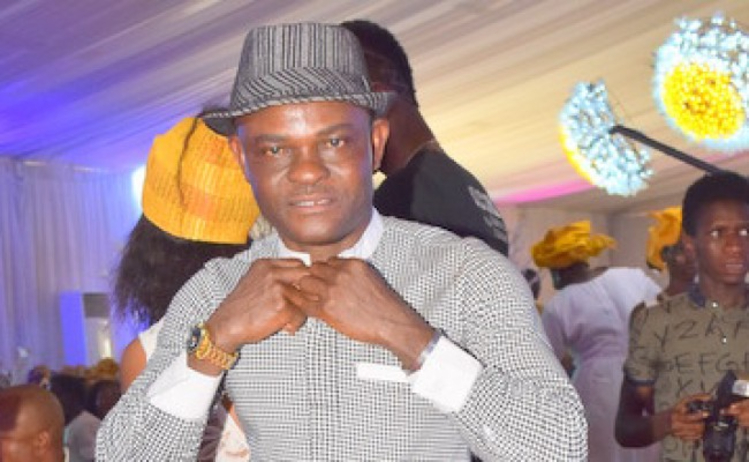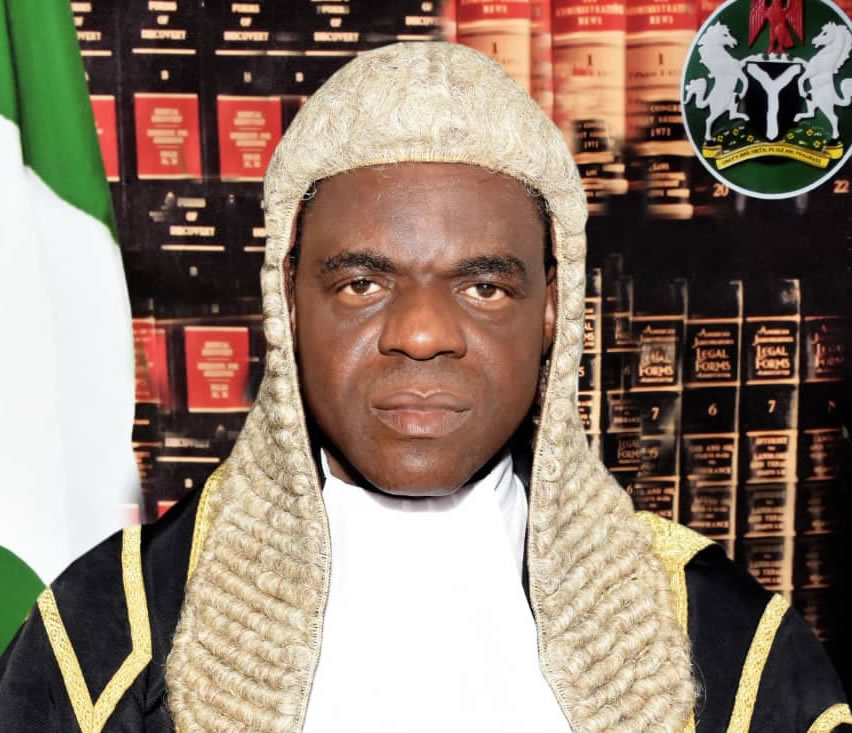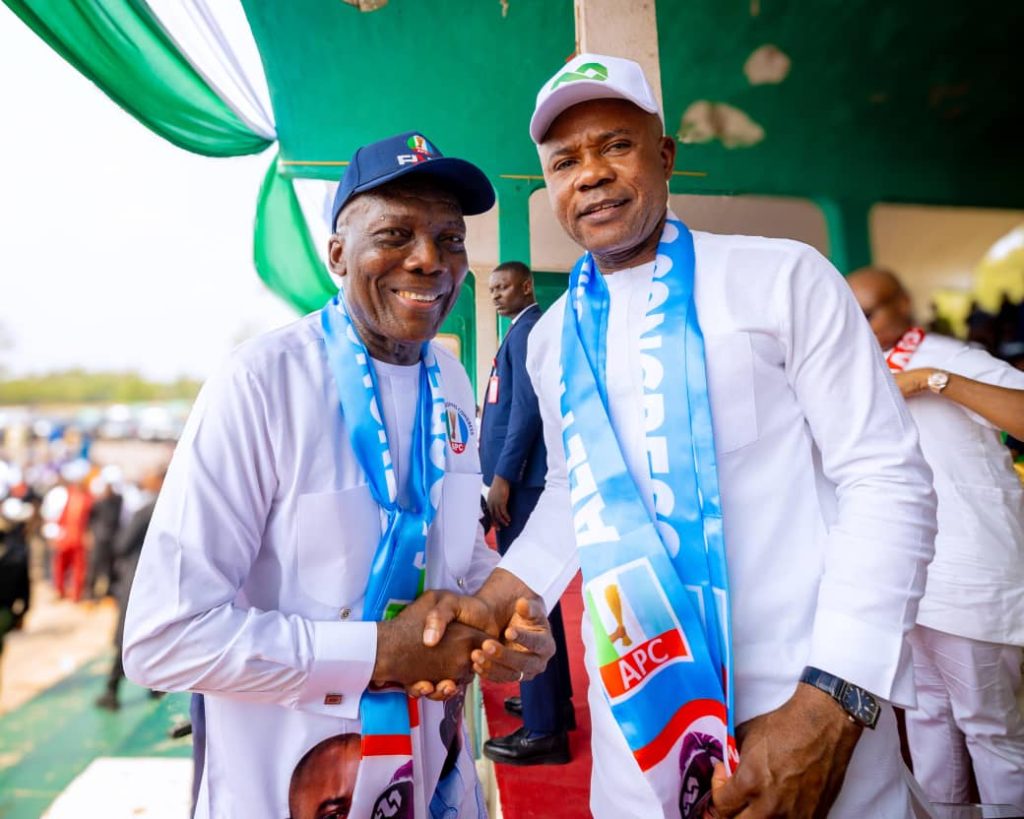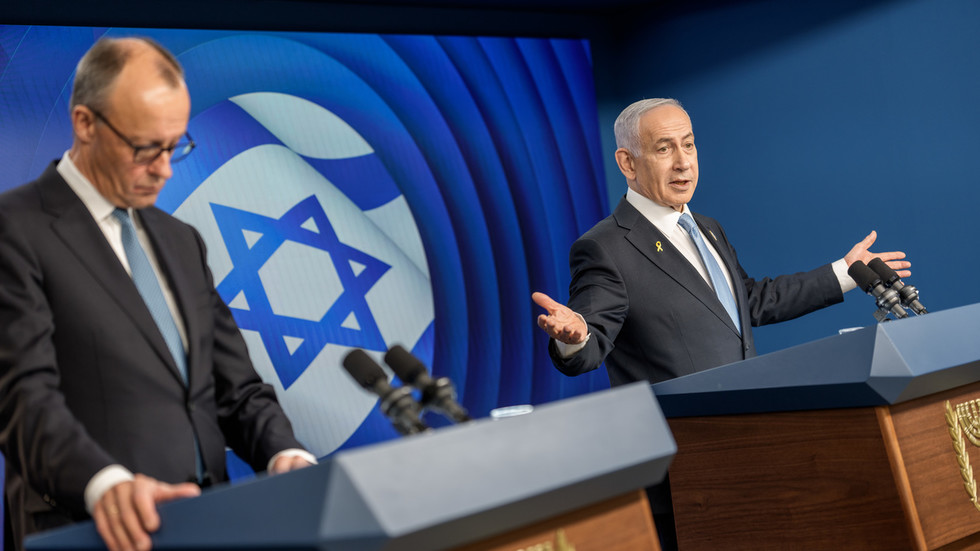The Rivers State Independent Electoral Commission (RSIEC) has gathered political and civic leaders in Port Harcourt for a pivotal meeting to set the stage for Nigeria’s 2025 local government elections. Scheduled to unveil revised electoral timelines and protocols, the event underscores efforts to recalibrate governance processes in the southern state following months of political upheaval.
In an official statement, RSIEC Chairman Dr. Michael Ekpali Odey confirmed attendees from across Nigeria’s socio-political spectrum, including representatives from registered political parties, traditional institutions, security agencies, media outlets, and civil society organizations. The session aims to ensure broad consensus on election logistics and regulations, with participants already assembled ahead of formal proceedings.
This initiative marks a reset for polls initially slated for August 9, 2025, under the commission’s previous leadership. Retired Justice Adolphus Enebeli, former RSIEC chair, and his team were dismissed earlier this year after President Bola Tinubu declared a state of emergency in Rivers State. The move followed escalating tensions between federal authorities and the state government, culminating in the suspension of Governor Siminalayi Fubara, Deputy Governor Professor Ngozi Nma Odu, and the entire Rivers State House of Assembly.
Retired Vice Admiral Ibok-Ete Ibas, appointed by Tinubu as Sole Administrator to oversee the state during the emergency period, spearheaded the electoral body’s restructuring. While the emergency decree’s rationale hasn’t been fully detailed, its fallout has drawn scrutiny to Nigeria’s complex federal-state dynamics and the autonomy of subnational institutions.
Local government elections in Nigeria, though constitutionally mandated every four years, often face delays or controversies. The revised RSIEC framework could signal either stabilization efforts or deeper federal intervention, depending on stakeholder buy-in. Observers note the inclusion of grassroots groups and non-governmental bodies in the talks may enhance transparency, though administrative hurdles persist.
As Port Harcourt braces for the electoral roadmap’s release, questions linger about voter access, campaign regulations, and security preparedness in a region historically prone to electoral disputes. The outcome of this meeting may set precedents for crisis management in Nigeria’s decentralized governance system, where local elections frequently mirror broader national political rivalries.



